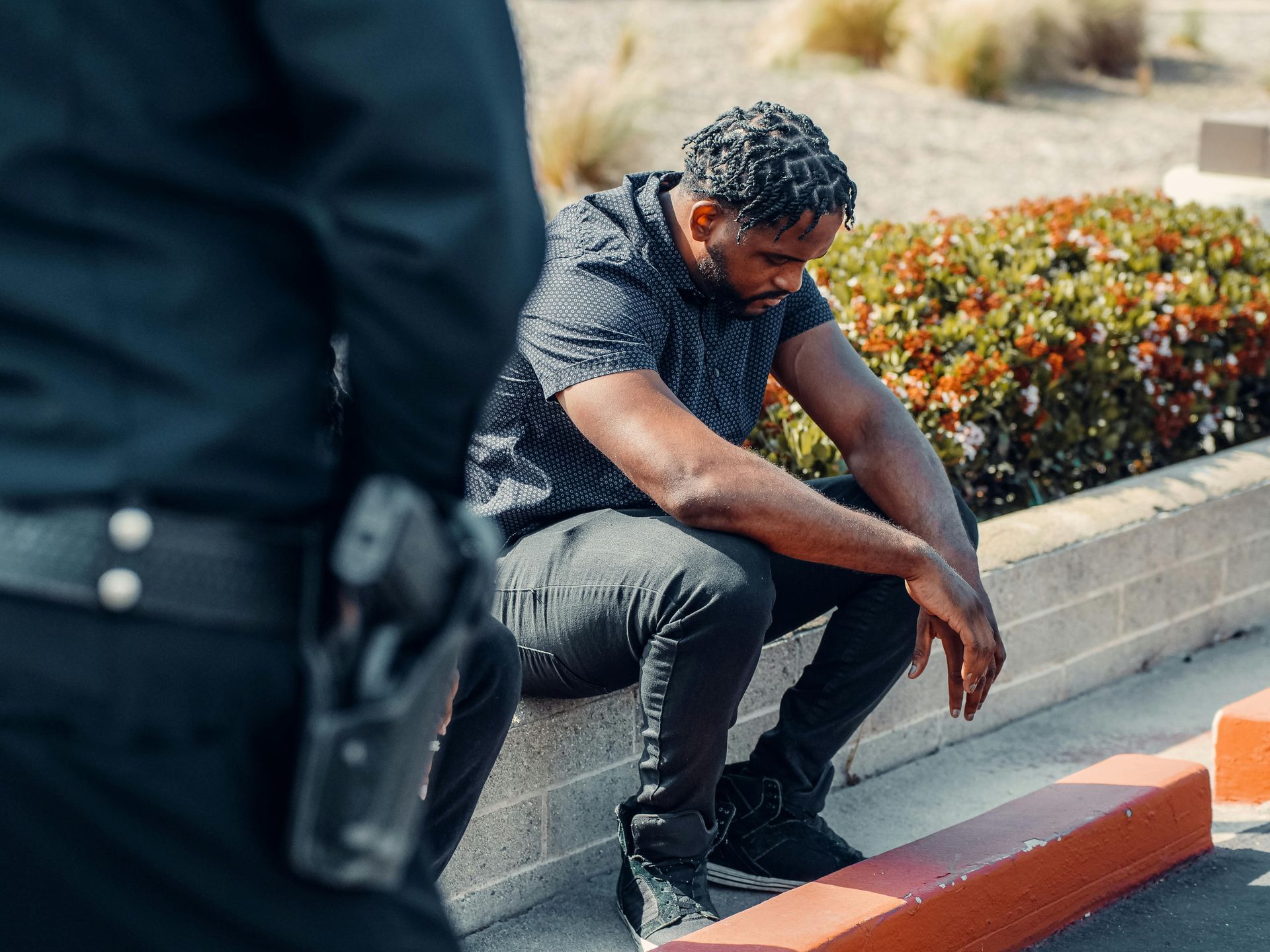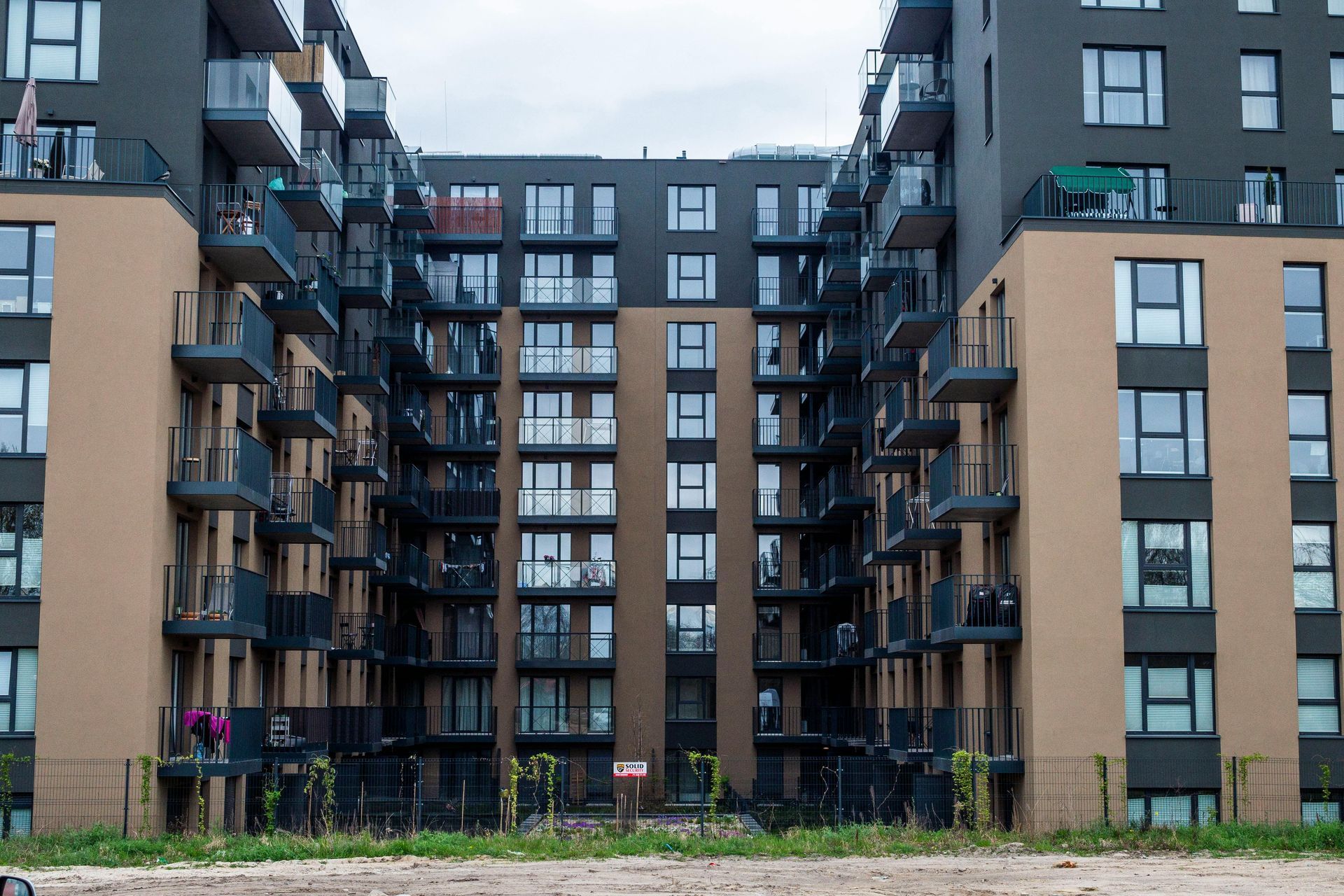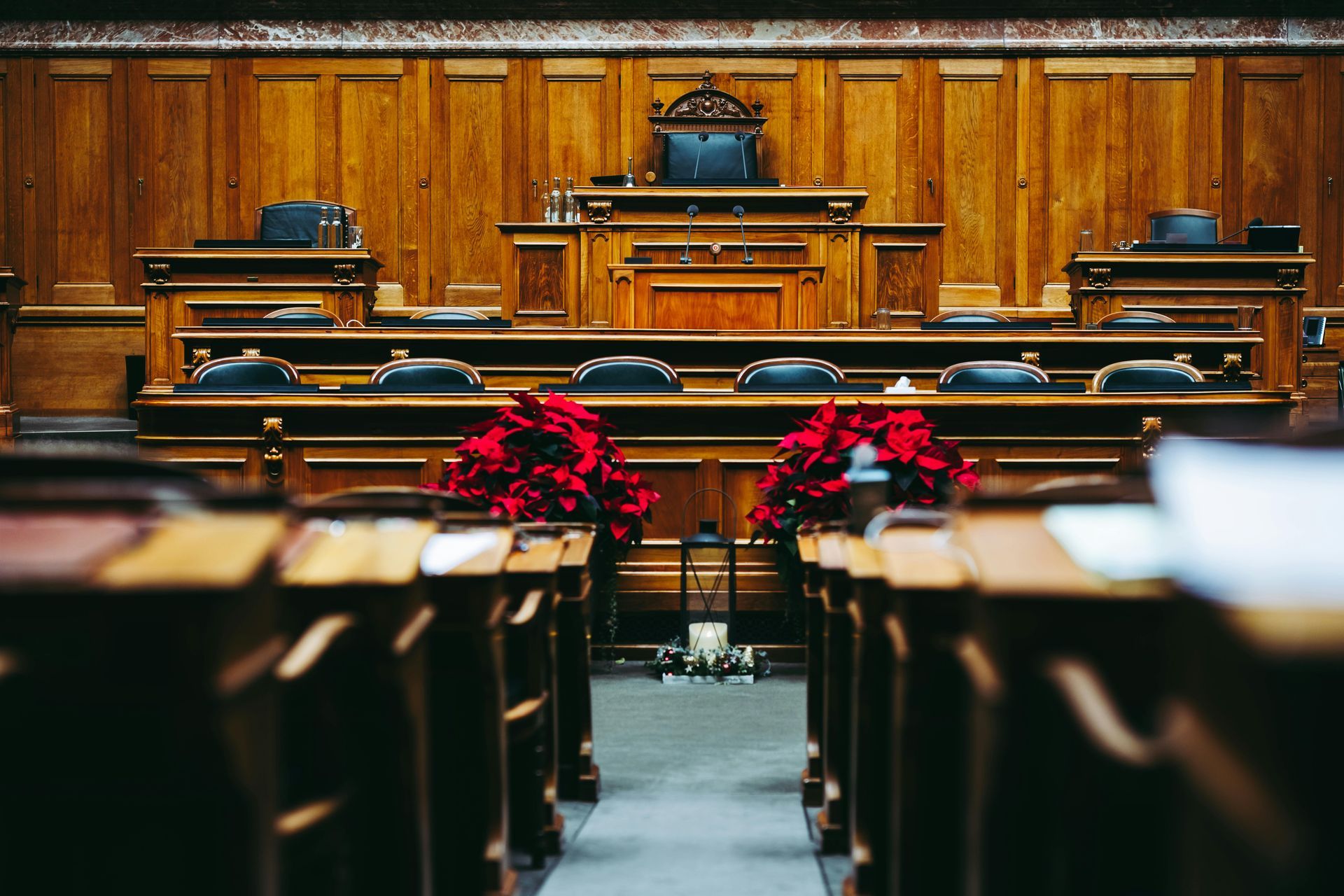Is That Arrest Legal? Key Factors You Need to Know

Following on from our last series (Know Your Rights: Why can Police in NSW Arrest You?), we explore what the key factors you need to know that make an arrest legal:
Reasonable suspicion
What this involves is suspicion that is less than a reasonable belief but more than a possibility under section 99 of LEPRA.
There needs to be a factual basis for the suspicion. It can be based upon evidence that would not normally be admissible in Court. The information or factual basis is questioned as to whether objectively this information gives reasonable grounds to make the arrest.
EXAMPLE: Police obtain CCTV evidence that someone has shoplifted (offence: larceny) wearing red pants and a black hooding from Myer in Parramatta Westfields. On Church Street, a person wearing red pants and a black hoodie is trying to sell the exact same clothes from Myer with no tags. This would be enough for the police to justify their reasonable suspicion of an alleged offence, giving them grounds to make an arrest of that person.
Arrest to commence criminal proceedings
Police must make an arrest for the purpose of intending to commence criminal proceedings and not simply to ask you questions to further their investigation.
EXAMPLE: You happen to be going into Myer the next day wearing a similar black hoodie to the person in the CCTV who stole clothes yesterday. The Police cannot apprehend and arrest you for the purpose of asking you questions as to whether or not you owned a pair of red pants matching the description of the alleged thief or your whereabouts the day before unless they were intending to charge you with shoplifting.
It is the job of the Police, not yours to investigate the allegations or commission of an alleged offence. The powers of arrest cannot be used to facilitate their fact-finding mission.
The High Court of Australia made a ruling in the case of
The State of New South Wales v Robinson [2019] HCA 46 highlighting that an arrest of a person is not only a significant ordeal it should only be used where there is a clear intention to charge at the time of the arrest.
Under no circumstance should the Police arrest you without intending to lay a criminal charge at the time of your arrest.
The arresting officer is satisfied that the arrest is reasonably necessary
A common misconception is that Police will always arrest a person when dealing with a criminal law allegation or in relation to the commission of an alleged offence.
The power to arrest is discretionary and should be used as a last resort or when it is seen as reasonably necessary as outlined in section 99(1)(b) of LEPRA.
Even if the Police are of the view that the commission of an offence or allegation may have occurred which has resulted in the laying of charges. Police have the discretion to issue a Future Court Attendance Notice. This is the paperwork informing you of your obligation to face the criminal charge brought by the Police against you at the nearest Local Court.
This most commonly occurs with drink driving, drug driving, and drug possession offences.
The arresting officer outlines the LEPRA Part 15 information
The Police when making an arrest must provide the person subjected to the arrest:
- Evidence that they are a police officer
- The name of the police officer and his or her place of duty
- The reason for the exercise of the power
This must be complied with as is reasonably practicable.
The force used was reasonable
A controversial area but one that is arguable given the context of the previous four points.
As soon as you become aware that you have been placed under arrest or are accused of an offence or allegation seek immediate legal advice.
Next: What happens after you have been arrested?

Senior Solicitor
Email: kristen@hntlegal.com.au
Author
List of Services
-
Matthew HammondMatthew Hammond Matthew Hammond
-
Vivian NguyenVivian Nguyen Vivian Nguyen
-
Maria ValenzuelaMaria Valenzuela Maria Valenzuela
-
David CleverleyDavid Cleverley David Cleverley
-
Peter MorrisPeter Morris Peter Morris
-
Andrew PaciniAndrew Pacini Andrew Pacini
-
Marie-Cecilia FerreiraMarie-Cecilia Ferreira Marie-Cecilia Ferreira
-
Jabour HaddadJabour Haddad Jabour Haddad
-
Razeeha ReillyRazeeha Reilly Razeeha Reilly
-
Jack DunnJack Dunn Jack Dunn
-
Melanie KorialMelanie Korial Melanie Korial
-
Mahdi RahimzadaMahdi Rahimzada Mahdi Rahimzada
-
Albert ThaiAlbert Thai Albert Thai
-
Martin AbdelsayedMartin Abdelsayed Martin Abdelsayed
-
Rachel SiewRachel Siew Rachel Siew
-
Jamie-Lee MerhiJamie-Lee Merhi Jamie-Lee Merhi
-
Lina VoLina Vo Lina Vo
-
Georgia MoaitGeorgia Moait Georgia Moait
-
Sarah FoddaSarah Fodda Sarah Fodda
-
Alessia GiglioAlessia Giglio Alessia Giglio
-
Alexander BatshonAlexander Batshon Alexander Batshon
-
Andre BarkhoAndre Barkho Andre Barkho
-
Gauri KoteraGauri Kotera Gauri Kotera
-
Bridgette EdmundsBridgette Edmunds Bridgette Edmunds
-
Michelle GalaritaMichelle Galarita Michelle Galarita
-
Bea OctavaBea Octava Bea Octava
-
Liber ReboquioLiber Reboquio Liber Reboquio
-
Jing DyJing Dy Jing Dy
Share to










